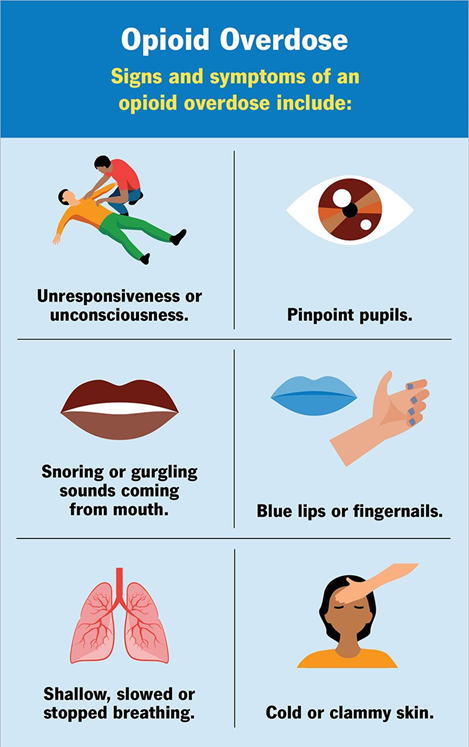A nurse is reviewing the laboratory data of a client who is 1 day postoperative following an abdominal hysterectomy. Which of the following findings should the nurse report to the provider?
WBC count 10,000/mm³
BUN 20 mg/dL
Creatinine 2.3 mg/dL
Hematocrit 41%
The Correct Answer is C
Choice A reason: WBC count 10,000/mm³ is within the normal range of 4,500 to 11,000/mm³ and does not indicate any infection or inflammation.
Choice B reason: BUN 20 mg/dL is within the normal range of 10 to 20 mg/dL and does not indicate any renal impairment or dehydration.
Choice C reason: Creatinine 2.3 mg/dL is above the normal range of 0.6 to 1.2 mg/dL and indicates renal dysfunction or damage, which can be caused by blood loss, hypotension, or nephrotoxic drugs during surgery. The nurse should report this value to the provider and monitor the client for signs of acute kidney injury, such as oliguria, edema, or electrolyte imbalances.

Choice D reason: Hematocrit 41% is within the normal range of 37% to 47% for females and does not indicate any anemia or polycythemia.
Nursing Test Bank
Naxlex Comprehensive Predictor Exams
Related Questions
Correct Answer is A
Explanation
The correct answer is A:
Choice A reason:
Replace the unit when the drainage chamber is full. This ensures continuous, effective drainage. A full chamber cannot collect more fluid, risking system compromise and patient safety.
Choice B reason:
Pinning the tubing to the bed sheets is incorrect because it can cause kinks in the tubing, leading to obstruction of drainage and potential complications.
Choice C reason:
Monitoring for at least 150 mL of drainage every hour is not a standard practice. Normal chest tube drainage is variable; excessive drainage, such as 150 mL/hour, could indicate a serious condition like hemorrhage.
Choice D reason:
Clamping the tube routinely for 30 minutes every 8 hours is not recommended. Clamping may be done during tube removal or to check for air leaks but doing so routinely can lead to tension pneumothorax.
Correct Answer is B
Explanation
Choice A reason: Pupillary dilation is not a sign of opioid toxicity, but rather of opioid withdrawal or stimulant overdose. Opioid toxicity causes pupillary constriction or miosis.
Choice B reason: Hypotension is a sign of opioid toxicity sign of opioid toxicity, as opioids can depress the central nervous system and reduce cardiac output and peripheral resistance.
Choice C reason: Chest pain is not a sign of opioid toxicity, but rather of cardiac ischemia or infarction, which can be caused by cocaine or other stimulants.
Choice D reason: Diaphoresis is not a sign of opioid toxicity, but rather of opioid withdrawal or hyperthermia, which can be caused by ecstasy or other stimulants.

Whether you are a student looking to ace your exams or a practicing nurse seeking to enhance your expertise , our nursing education contents will empower you with the confidence and competence to make a difference in the lives of patients and become a respected leader in the healthcare field.
Visit Naxlex, invest in your future and unlock endless possibilities with our unparalleled nursing education contents today
Report Wrong Answer on the Current Question
Do you disagree with the answer? If yes, what is your expected answer? Explain.
Kindly be descriptive with the issue you are facing.
